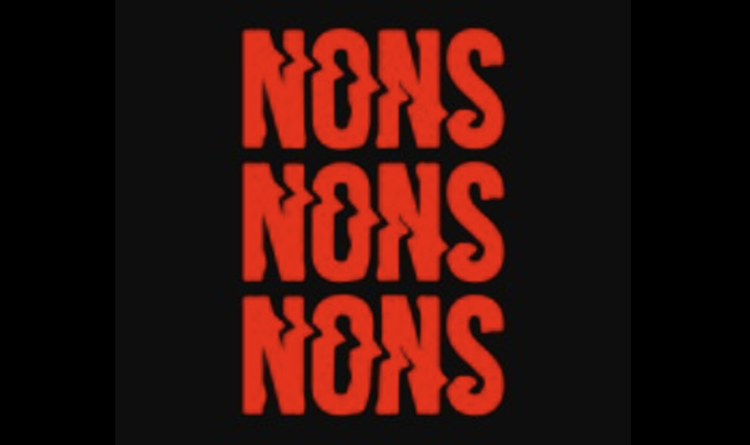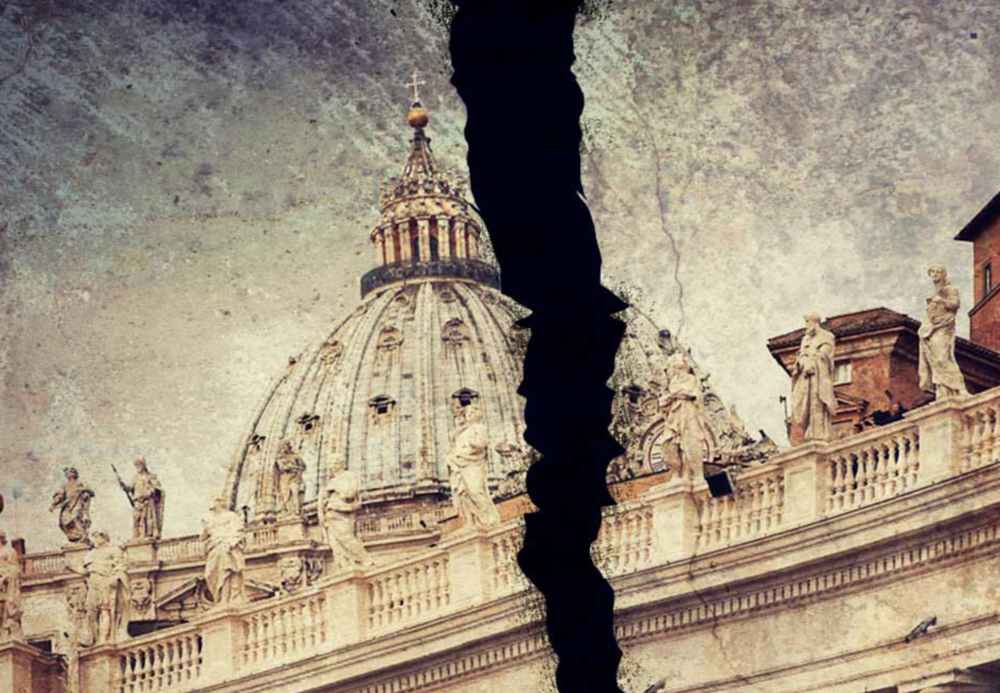Last week we highlighted the return of a Washington state high school football coach who won the right to pray on the field.
Now, after just one game back, coach Joe Kennedy has resigned, “citing family concerns and a lack of support from school district officials,” as the Washington Times’ Mark A. Kellner reports.
In other news, X owner Elon Musk is accusing the Anti-Defamation League of, well, defamation, “claiming that the nonprofit organization’s statements about rising hate speech on the social media platform have torpedoed X’s advertising revenue,” CNN’s Jordan Valinsky writes. At the heart of this battle is an Orthodox Jewish activist who is being defended by, wait for it, Musk.
Musk’s threat to sue the antisemitism watchdog extends the platform’s war of words, Religion News Service’s Yonat Shimron notes. At the heart of this battle is an Orthodox Jewish activist who is being defended by, wait for it, Musk.
Meanwhile, Ukraine’s Greek Catholic bishops told Pope Francis that his praise for Russia’s imperial past “pained” Ukrainians, as The Associated Press’ Nicole Winfield details.
This is our weekly roundup of the top headlines and best reads in the world of faith. Our big story concerns the state of worship attendance and giving after COVID-19.
What To Know: The Big Story
Post-pandemic challenges: For houses of worship, encouraging signs that a rebound is taking place are evident in a new study.










